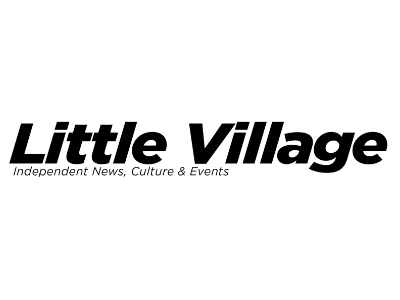
Next week, Iowa City will begin charging the public to use its electric vehicle charging stations in the city’s parking ramps. Starting Monday, EV drivers topping off their batteries will have to pay 16 cents per kilowatt/hour. The city estimates the average EV driver will pay $4 for a four-hour charging session.
“Payment should be made through the ChargePoint app residents must already use to charge at a City EV charger,” according to a city news release.
The fee is being added in response to the state’s electronic fuel excise tax that went into effect this year on July 1. Signed into law in 2019, it requires owners of charging stations available to the public to track their usage and pay a state excise tax of $0.026 per kilowatt/hour, which will require Iowa City to pay the state more than $10,000 a year to continue operating its charging stations, according to estimates presented to the Iowa City Council in August. The new city fee for charging is intended to cover the costs associated with the excise tax.
The 2019 bill that created the electronic fuel excise tax, HF 767, also imposed an annual supplemental registration fees of $130 on battery EV and $65 for plug-in hybrids. Proponents of HF 767 said the fee and tax were necessary to make up for the anticipated decline in the gasoline tax revenue that goes to the Road Use Tax Fund, as more car owners switch from gas-powered vehicles to electric vehicles.
“If you use the infrastructure, you should pay for it,” then-state Rep. Ashley Hinson, the floor manager for HF 767 in the Iowa House, said during the debate on the bill.
Critics of the bill pointed out that although many states have added either a tax on charging stations or a special registration fee for EVs, most states have only added one or the other, not both.
As of December 2022, there were 10,722 EV registered in Iowa, or about 0.2 percent of all the approximately 4 million vehicles in the state. While small, that number is still a substantial increase from December 2021, when there were 8,370 EVs in Iowa.
The Biden administration has set a goal of having EVs make up half of all vehicle sales in the county by 2030, and is offering a $7,500 tax credit on the purchase of new, qualifying EVs, and $4,000 on used ones.
The number of charging stations in Iowa is lagging behind the number of EVs, especially in rural areas. According to the U.S. Department of Energy’s Alternative Fuels Data Center, there are 321 charging station locations in Iowa, with 747 charging ports. Kerri Johannsen, director of the Energy Program at the Iowa Environmental Council, told Axios Des Moines earlier this year that 20 percent of the charging stations in the state are “non-networked,” which will make it difficult for station owners to track electricity usage for the new excise tax.

Iowa is slated to receive $51 million through the National Electric Vehicle Infrastructure Formula Program to build new charging stations and expand existing ones along I-80, I-380, I-35 and I-29. The program is a central piece of the Biden administration’s push to improve the infrastructure for EVs.
The City of Iowa City has public charging stations in all its parking ramps. In its news release this week, the city said it plans to add two chargers in the Chauncey Swan ramp and two in the Dubuque Street ramp later this year. That will bring the total number of city chargers to 16.

